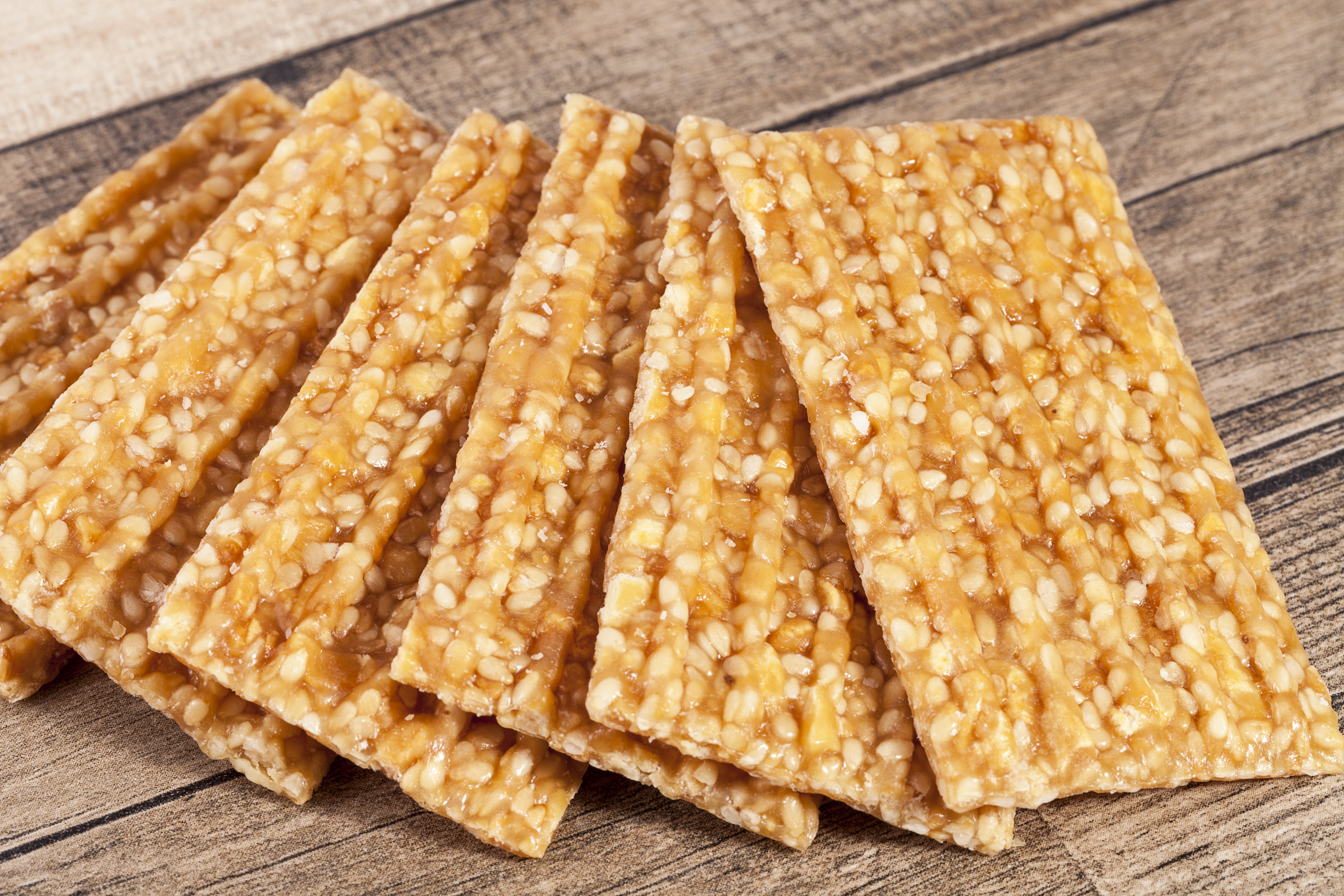Sweet history dates back to ancient times when honey was a sweetener in various dishes. Sweet dishes or desserts have evolved over centuries through experimentation and refinement. The first sweet dish’s exact origin is unclear, but historical accounts suggest it may have originated in ancient Egypt or Mesopotamia.
“Zalabia,” one of the earliest recorded sweet dishes, is an Egyptian dish made by frying dough in hot oil and then soaking it in honey syrup. People typically served this dish during religious festivals and special occasions.
In Mesopotamia, a similar dish called “halva” was made from sesame seeds, honey, and dates. When the Ottoman Empire adopted the recipe for Halva, they refined the popular dessert by adding ingredients like pistachios and almonds. Ancient Greeks made a sweet dish called “pasteli” from sesame seeds and honey. People commonly offered this dish as a snack to athletes, believing it provided them with a boost of energy and stamina.
They relished several desserts, including “torta,” a cake made with cheese, honey, and olive oil, and “placenta,” a pastry made with honey, cheese, and dates.
In India, the tradition of making sweets or “mincient Romans ethai” has been around for centuries. “Laddu,” a ball-shaped dessert made from flour, ghee, sugar, and various spices, is one of the most famous Indian sweets. People fry “jalebi” pastry and soak it in syrup, and they make “barfi” dessert from condensed milk and sugar. Both are popular Indian sweets.
Treats have evolved over time, and various cultures and traditions have influenced them. People worldwide enjoy sweets in various flavours and forms, including chocolate, ice cream, cakes, and pastries.
In conclusion,
Sweet desserts evolved over time, making the first sweet dish’s exact origin hard to determine. Sweets have been important across cultures from ancient Egypt to modern-day India and remain popular globally. If you would like a nice sweet at your next event, click here.


Leave a Reply